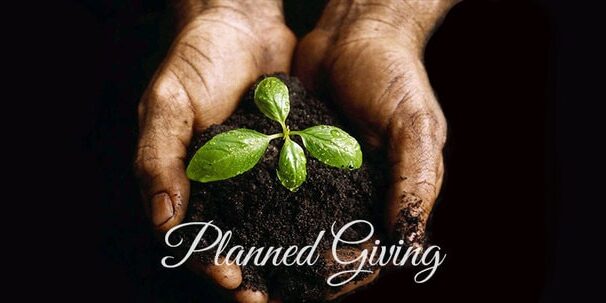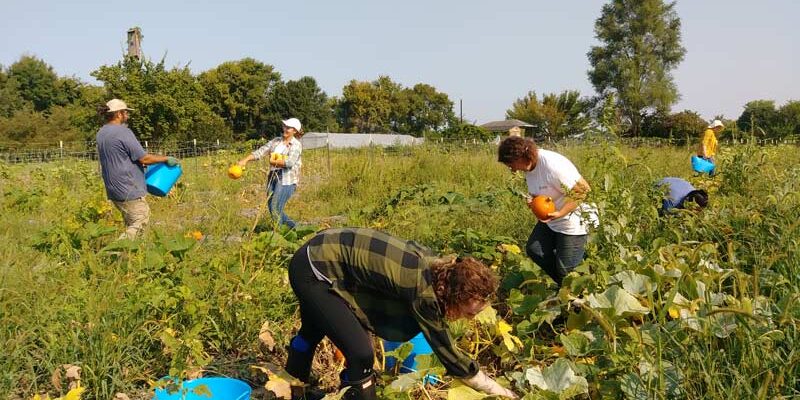Saving the Seeds: A Matter of Justice
 At about this time of year, gardeners begin looking at seed catalogs, dreaming of savory tastes fresh from the garden and planting flowers for their beauty.
At about this time of year, gardeners begin looking at seed catalogs, dreaming of savory tastes fresh from the garden and planting flowers for their beauty.
Seeds absolutely fascinate me. It is unfathomable to me that what is so tiny planted in Earth can produce such an extravagant array of color, size, shape and taste. It is only because I have seen it happen again and again that I can believe it.
In addition, if ever there was a master teacher of collaboration, it is this teamwork of seeds, sun and soil, water and air, alpaca manure, honey bees, worms, farmers and so much more! What a treasure of God’s creation to hold sacred … to protect.
But in our consumer society, eager for profit, just the opposite has been happening. Recently, I learned about the film, “Bitter Seeds.”
Micha Pela’s documentary, “Bitter Seeds” exposes the harm done in India by Monsanto’s GMOs (genetically modified organisms). It tells the story of family farmers in India who for years grew cotton with only cow dung in order to provide for their family. These family farmers were promised higher yields when they purchased Monsanto’s GMO seeds.
Not only were they forced to buy Monsanto’s seeds, but the seeds required the use of pesticides and intensive watering. The end result was that other pesticide resistant pests destroyed their crops. They experienced financial ruin due to the cost of seeds and pesticides they could not afford to buy and had to take out loans with interest. They lacked the access to water required by this method of farming. They lost their crops, their land and their way to make a living.
In the film, an 18-year-old daughter, Manjusha, relates the story of her father. He was one of a quarter million family farmers in India who committed suicide in a 16-year period. Her father, like many others, committed suicide by drinking the Roundup pesticide he was spreading on his crops.
Monsanto began selling its cotton seeds after a USA challenge at the World Trade Organization forced India to adopt seed patenting. Monsanto’s genetically modified seeds only produce one plant cycle. What that means is that once a seed has sprouted, there will be no more seeds produced by that plant.
Ghana’s farmers are vehemently challenging the Monsanto Law for the right to use their own seeds and pass them on as they have for generations.
Monsanto has done so much damage in so many countries that in October 2016, a global group of professionals, scientists and environmentalists are taking them to the International Court in The Hague, charging the U.S. based company with ecocide, crimes against humanity and nature.
A hopeful note: “As of the end of December 2015, Sikkim has become India’s first fully organic state in the country. Implementing organic farming practices on 75,000 hectares of land, the citizens of Sikkim will enjoy GMO-free, sustainable agriculture, which will be certified organic.” – The source of this information was Natural Society



Thanks for bringing this issue to our attention! Your well-researched and written blog has opened my eyes to another matter about which I need to be concerned.
Thanks so much for writing this, Donna. Very timely as we eagerly await another growing season. Seed saving is such an important tradition, and neglecting this tradition has had such harmful effects, as you mention. Unbelievable to witness the emotional and cultural effects in addition to ecological and financial. Seed Savers Exchange is a favorite resource of mine that supports U.S. growers in upholding this tradition. Here’s to saving seeds for the future! http://www.seedsavers.org/?gclid=CLbv4ZfdzMoCFQ2HaQodMA8COQ
Because of your informative and creative article, Donna, my view of a simple seed is changed forever. Thank you.
Sister Donna, your writing always shimmers, but this time you have outdone yourself! Many thanks for this very fine piece.